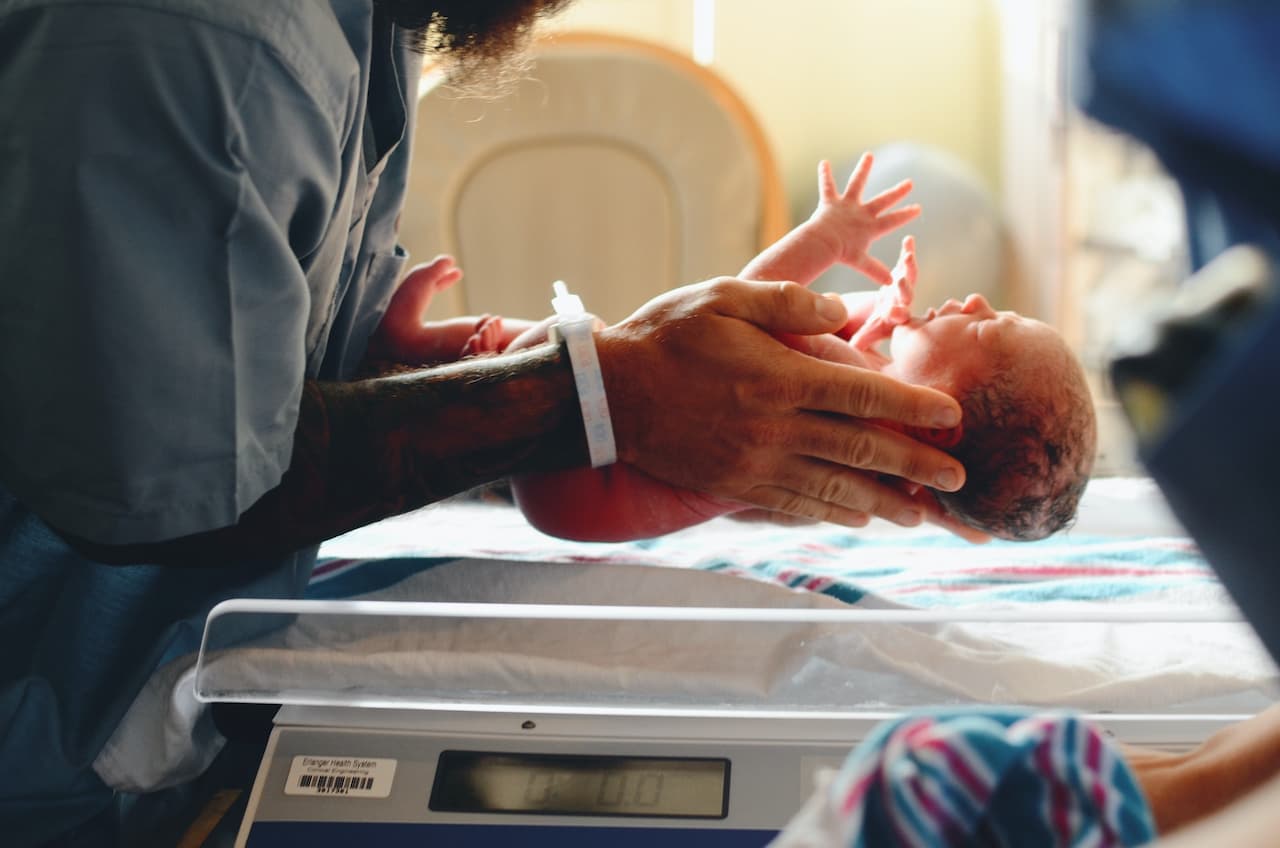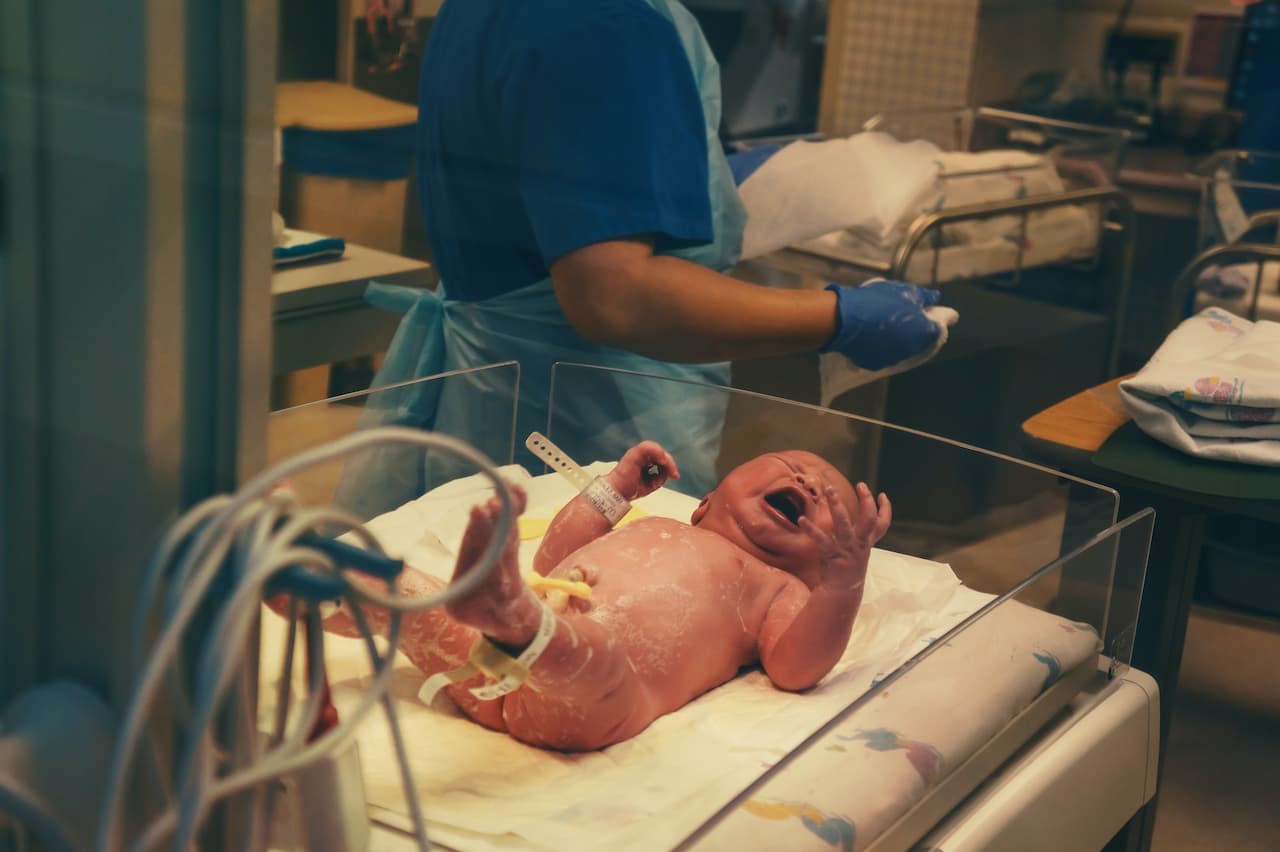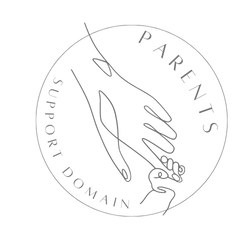At What Point In Pregnancy Is Alcohol The Worst?
At What Point In Pregnancy Is Alcohol The Worst? Pregnancy is a critical period for both the mother and the developing fetus. One of the factors that can significantly impact the health of the fetus is alcohol consumption by the mother during pregnancy.
In this article, we will explore at what point in pregnancy alcohol can have the worst effects on the developing fetus.
What is Fetal Alcohol Syndrome (FAS)?
Fetal Alcohol Syndrome (FAS) is a group of abnormalities that occur in a fetus when a mother drinks alcohol during pregnancy.
These abnormalities can range from physical deformities to intellectual and behavioural problems. FAS is one of the leading causes of preventable birth defects and developmental disabilities.
Alcohol Consumption And Pregnancy
Alcohol is a teratogen, which means that it can cause damage to the developing fetus. When a pregnant woman drinks alcohol, it enters her bloodstream and passes through the placenta to the fetus.
The fetus is not capable of metabolising alcohol as efficiently as an adult, which means that even small amounts of alcohol can have a significant impact.
The Effects Of Alcohol On The Developing Fetus
The impact of alcohol on the fetus depends on various factors, such as the amount, frequency, and timing of alcohol consumption during pregnancy.

First Trimester
During the first trimester, which is a crucial period for fetal development, the fetus undergoes rapid cell division and organogenesis. If the mother consumes alcohol during this period, it can lead to physical deformities such as facial abnormalities, heart defects, and skeletal defects.
The brain is also rapidly developing at this stage, and alcohol exposure can cause significant damage to brain cells.
As a result, infants exposed to alcohol during the first trimester can have intellectual and behavioural problems such as learning difficulties, memory problems, and attention deficits, among others.
Second Trimester
During the second trimester, the fetus continues to grow and develop at a rapid pace. Exposure to alcohol during this stage can lead to growth retardation, delayed development, and cognitive deficits.
The use of alcohol during this stage can also lead to damage to the cerebellum, which is responsible for balance and coordination. The damage to the cerebellum can lead to motor skills problems, including difficulty in walking and maintaining balance.
Third Trimester
The third trimester is a period of rapid growth and development for the fetus, and alcohol consumption during this period can have significant adverse effects on the fetus. Alcohol consumption during this stage can lead to low birth weight, premature birth, and stillbirth.
Infants born to mothers who consume alcohol during the third trimester can also have developmental delays, hearing and vision problems, and other health complications.
In addition to the effects on the fetus, alcohol consumption during pregnancy can also have adverse effects on the mother.
Alcohol consumption during pregnancy can lead to an increased risk of miscarriage, premature birth, and stillbirth. It can also increase the risk of placenta problems, bleeding, and infection during pregnancy.
Risks and Hazards of Consuming Alcohol While Pregnant
Drinking alcohol while pregnant poses serious threats that could harm both the mother and the developing fetus. The following are some of the significant hazards and risks associated with alcohol consumption during pregnancy.
Fetal Alcohol Syndrome (FAS) and Other Developmental Disorders
Fetal Alcohol Syndrome (FAS) is a severe health condition that may arise from alcohol consumption during pregnancy.
FAS could cause facial anomalies, deficient growth, and cognitive deficits in the baby. The gravity of FAS hinges on the timing, frequency, and amount of alcohol consumed during pregnancy.
Moreover, other developmental disorders that may emerge from alcohol consumption during pregnancy include alcohol-related neurodevelopment disorder (ARND) and alcohol-related birth defects (ARBD).

Growth Retardation
Drinking alcohol while pregnant can result in growth retardation in the developing fetus. Growth retardation is marked by low birth weight and smaller head circumference and can affect the baby’s physical and cognitive development.
It could also heighten the likelihood of health complications, such as infections, respiratory distress syndrome, and hypoglycemia.
Cognitive Deficits
Consuming alcohol during pregnancy may lead to cognitive deficits in the developing fetus. Cognitive deficits can exhibit as intellectual disabilities, learning difficulties, and behavioural problems in the child.
Children exposed to alcohol while in the womb may have issues with attention, memory, and problem-solving abilities. Furthermore, they could show hyperactivity, impulsivity, and other behavioural issues.
Behavioural Problems
Drinking alcohol while pregnant heightens the risk of behavioral problems in the developing fetus. Children exposed to alcohol while in the womb may display hyperactivity, impulsivity, and other behavioural issues.
They may also encounter difficulties with social skills and struggle with forming and maintaining relationships. Such behavioral problems may linger into adulthood and impact the individual’s social and emotional functioning.
Low Birth Weight
Drinking alcohol while pregnant could result in low birth weight for the developing fetus. Low birth weight is characterised as a birth weight of fewer than 5 pounds, 8 ounces (2,500 grams).
Low birth weight could amplify the likelihood of health complications, such as infections, respiratory distress syndrome, and hypoglycaemia.
Premature Birth
Consuming alcohol during pregnancy could increase the possibility of premature birth. Premature birth is marked by birth before 37 weeks of gestation.
It could increase the probability of health complications, such as infections, respiratory distress syndrome, and hypoglycaemia in the baby.
Stillbirth
Drinking alcohol while pregnant could increase the chances of stillbirth. Stillbirth refers to the death of a baby before or during delivery.
Alcohol consumption during pregnancy could impact the placenta’s functioning, leading to decreased blood flow to the developing fetus and increased risk of stillbirth.
Safe Levels of Alcohol Consumption During Pregnancy
According to the American College of Obstetricians and Gynecologists (ACOG), there is no known safe level of alcohol consumption during pregnancy.
Drinking alcohol during pregnancy can lead to fetal alcohol syndrome (FAS), a severe condition that can cause physical and intellectual disabilities in the baby.
Therefore, it is recommended that women who are pregnant or trying to conceive should abstain from alcohol altogether.

Alcohol and Breastfeeding
Breastfeeding provides numerous benefits to both the mother and the baby. However, alcohol consumption can affect breastfeeding and the health of the baby.
When a mother drinks alcohol, it enters her breast milk and can cause the baby to become drowsy, eat less, and sleep more. In addition, alcohol can reduce the mother’s milk production and inhibit the let-down reflex, making it harder for the baby to get enough milk.
To minimise the impact of alcohol on breastfeeding, it is recommended that a nursing mother waits at least two hours after drinking before nursing her baby. This allows time for the alcohol to leave the mother’s system and her milk.
It is important to note that everyone metabolises alcohol differently, and some women may need to wait longer before nursing.
Conclusion
In conclusion, alcohol consumption during pregnancy can have significant and long-lasting effects on the developing fetus. The timing of alcohol consumption during pregnancy can impact the type of deformities and disorders that occur.
Therefore, it is crucial for pregnant women to avoid drinking alcohol altogether to ensure the health and well-being of their babies. If you are struggling with alcohol addiction, seek professional help immediately to protect yourself and your baby.




